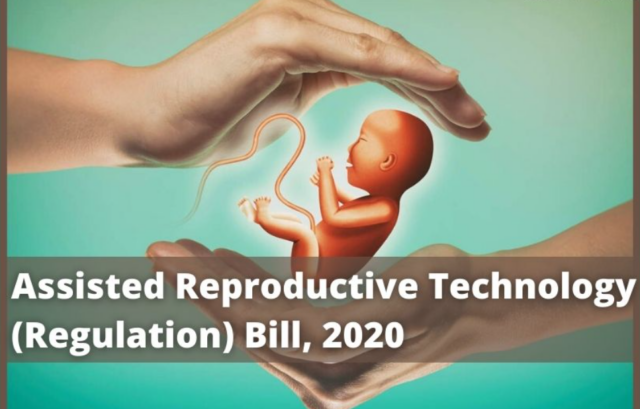Fertility stakeholders are against the proposed Human Assisted Reproductive Technology Bill, 2023, which would prevent children with cancer from receiving gametes (eggs and sperms) and restrict gamete donation to adults only.
Dr. Gozanga Andabati, a Fertility, IVF and Laparoscopy Lead Specialist at Bethany Women and Fertility Hospital said that this will lock out children who are diagnosed with medical conditions like cancer, from having children in future because the treatment they undergo may affect their fertility.
“There are some cases like those who have cancer problems, it is advised that they should keep their eggs or sperms, if we restrict this procedure to 18 years and above, our hands are tied, we wouldn’t be able to help those people.” Dr. Gonzaga stated.
“I think we need to add something to provide for that group because these people use the same storage services, they aren’t donating, but you still need to remove the eggs and sperms for harvesting before they go for cancer treatment, because otherwise, after the cancer treatment, all their eggs and sperms are wiped out and they will be sterile,” he added.
He made the remarks on Tuesday April 30, 2024 in a meeting held between Parliament’s Health Committee & Bethany Women and Fertility Hospital, whose team had appeared to provide views on The Human Assisted Reproductive Technology Bill, 2023 that was recently tabled by Sarah Opendi (DWR Tororo).
Gozanga’s remarks were in reaction to the provision in clause 17 (1) of The Human Assisted Reproductive Technology Bill, 2023 that bars a registered medical practitioner from harvesting a gamete from a person who is below 18 years, with the bill in clause 17(2) proposing a 10 year jail term or fine of Shs200M for anyone found acting in contravention of this provision.
“We think it is wise to stretch the scope so that we allow those children to have their gametes or even biological tissues to be stored so that they can safely undergo their chemotherapy and later they can have their children” he started.
“For example, people who have sickle cells when they are doing bone marrow transplant, they have to give them chemotherapy to destroy their bone marrow and then they replace the bone marrow, so in that time while they are clearing the bone marrow, also the immature sperm cells get cleared out as well,” added Dr. Gozanga
Bethany Fertility Hospital is also opposed to the proposal of having activities of fertility clinics to be regulated by the Uganda Medical and Dental Practitioners’ Council, citing lack of representation of fertility experts at the Council.
“The partners in fertility aren’t represented on the Uganda Medical and Dental Practitioners’ Council and we wonder how you will be able to identify the key things to look at in terms of regulation, we are wondering if there is going to be any possibility of beefing up the Council because we see that as a source of delay or unfair assessments”
“I wonder how they will be able to know the fertility centers are supposed to have this type of people, equipment and documents they are meant to have,” Dr. Gozanga highlighted.
Individual consent
Relatedly, Isaac Otimgiw MP (Padyere County) has also rejected the proposal for individual consent to fertility services in Uganda which is included in the bill, arguing that such a move will open up these services to the gay people in Uganda, but insisted wants to have both the women and man consent jointly to use of fertility treatment.
ALSO READ: Uganda’s Oldest Woman Dies Peacefully in Ibanda, Here is What to Know About Her
“When we start opening up the gaps where only a woman can consent, a man can consent, we are going to have lesbians coming in wanting to have children, we are going to have gay men coming in, using that gap,” said Otimgiw.
He stressed that we shouldn’t lose sight of the previous laws in place which are already enacted that insisted that the consent should always be for the couple.
Overtime, with the growing number of cases of primary and secondary infertility problems, there has been an increase in the number of people opting for human assisted reproductive technology.
The intention of this human assisted reproductive technology Bill 2023 is to address the gaps caused by the absence of a legal framework on new reproductive technology.








